Masterclass: Jean-François Laguionie
26.05, 12.15 – 13.30 – MOS 2
free admission
“Wild Animation” – a method of working on an animated film
During the 65th Krakow Film Festival, Jean-François Laguionie, a prominent French director and animator, Dragon of Dragons Award of Krakow FF Laureate, will hold a masterclass on his original method of creative work. During the meeting, the master will share his unique approach to the animation process.
The focus will be on the technique of “wild animation” – a working method in which animatics (also known as “mock-up”) precedes the storyboarding stage. Unlike the traditional process, Laguionie creates sketches of characters and scenes, which he then combines with music in an edit very close to the final cut of the film.
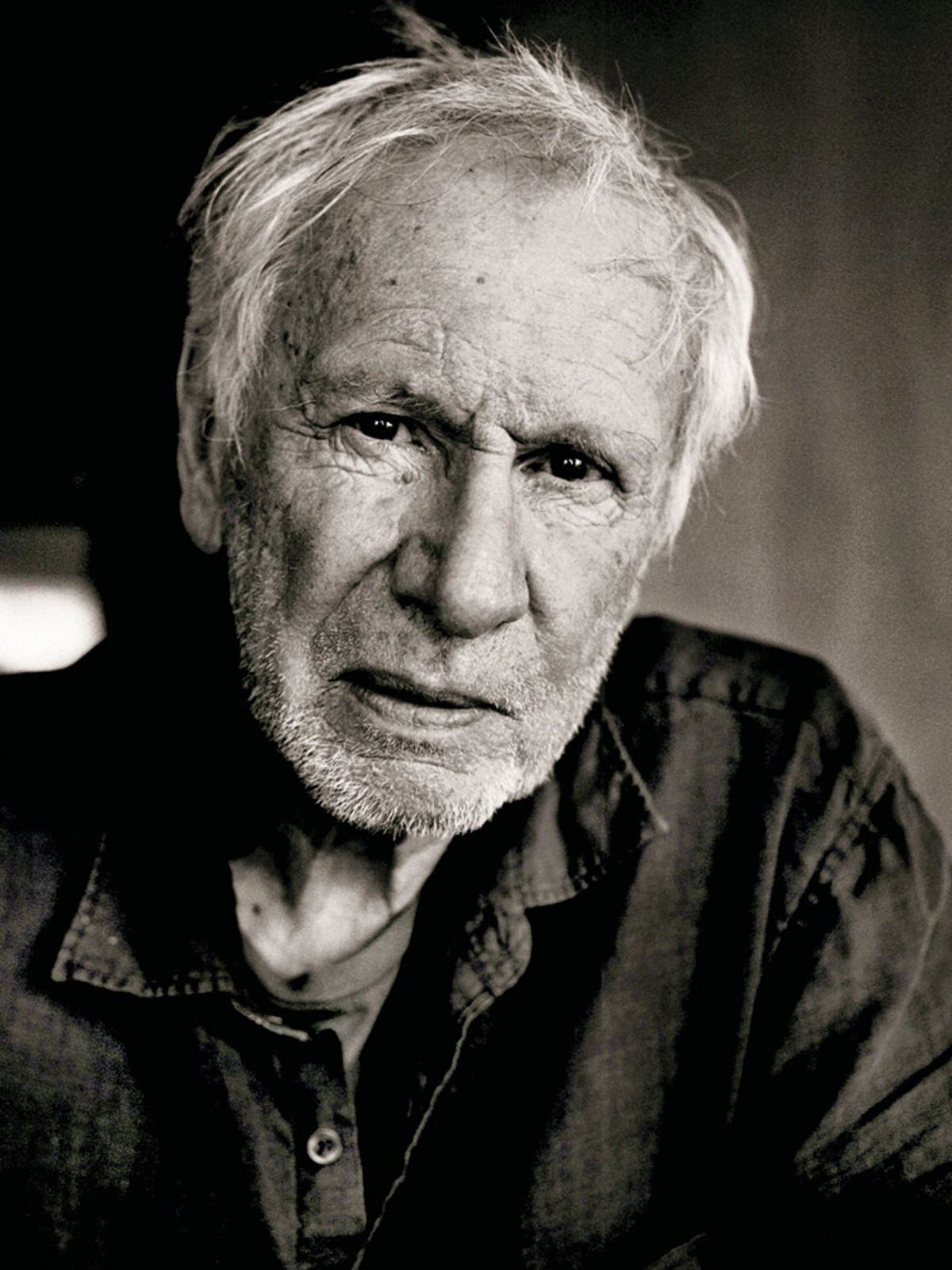
Born in 1939 in Besançon, France, Jean-François Laguionie initially pursued drawing, painting, and theatre. He studied stage design at the École de la rue Blanche in Paris before turning to acting. In 1963, he met Paul Grimault (1904–1994), one of France’s most celebrated animation directors. That encounter prompted Laguionie to alter the course of his artistic development. Grimault became his mentor, providing him with studio space and imparting not only the technical aspects of animation but also the principles of constructing narratives. Most importantly, he demonstrated that animation need not be confined to merely entertainment; it could also serve as a profound artistic medium exploring human emotions and experiences.
The French artist blends surrealist and impressionist influences, creating truly unique visual worlds. Deeply rooted in painting – particularly gouache – his distinctive artistic style is characterised by bold colours, masterful interplay of light and shadow, and dreamlike landscapes where seas and oceans often take centre stage.
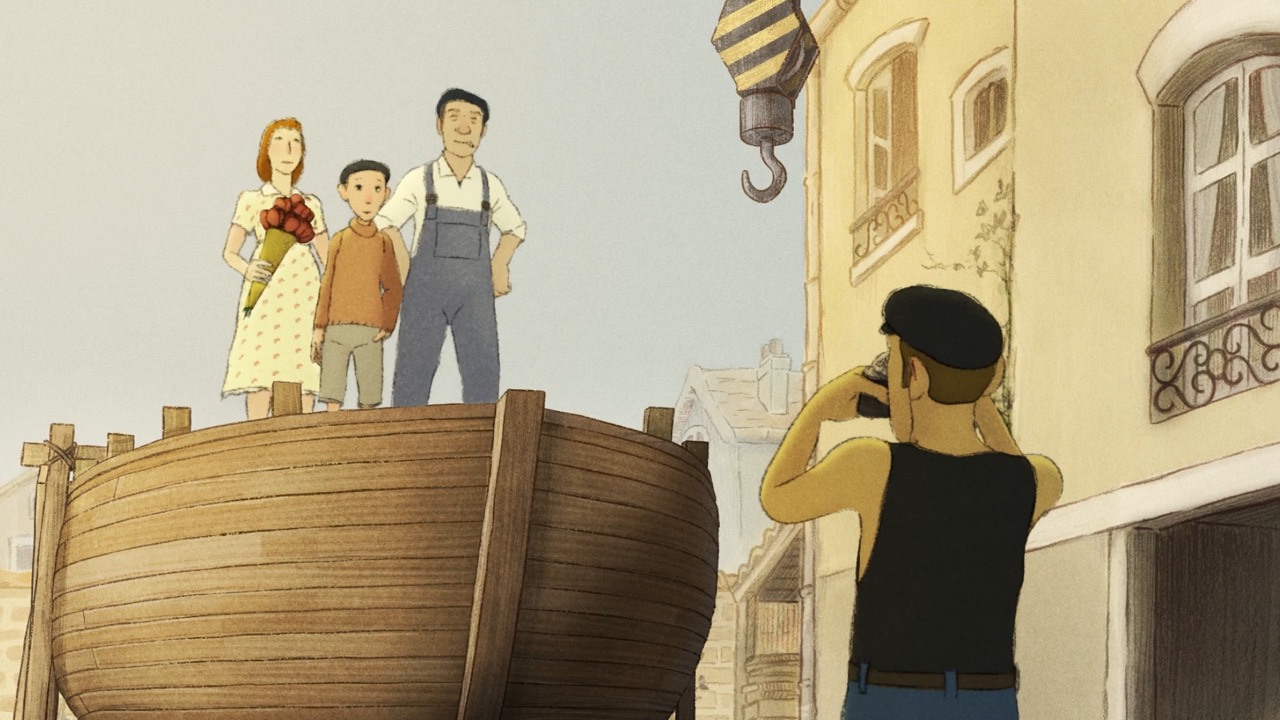
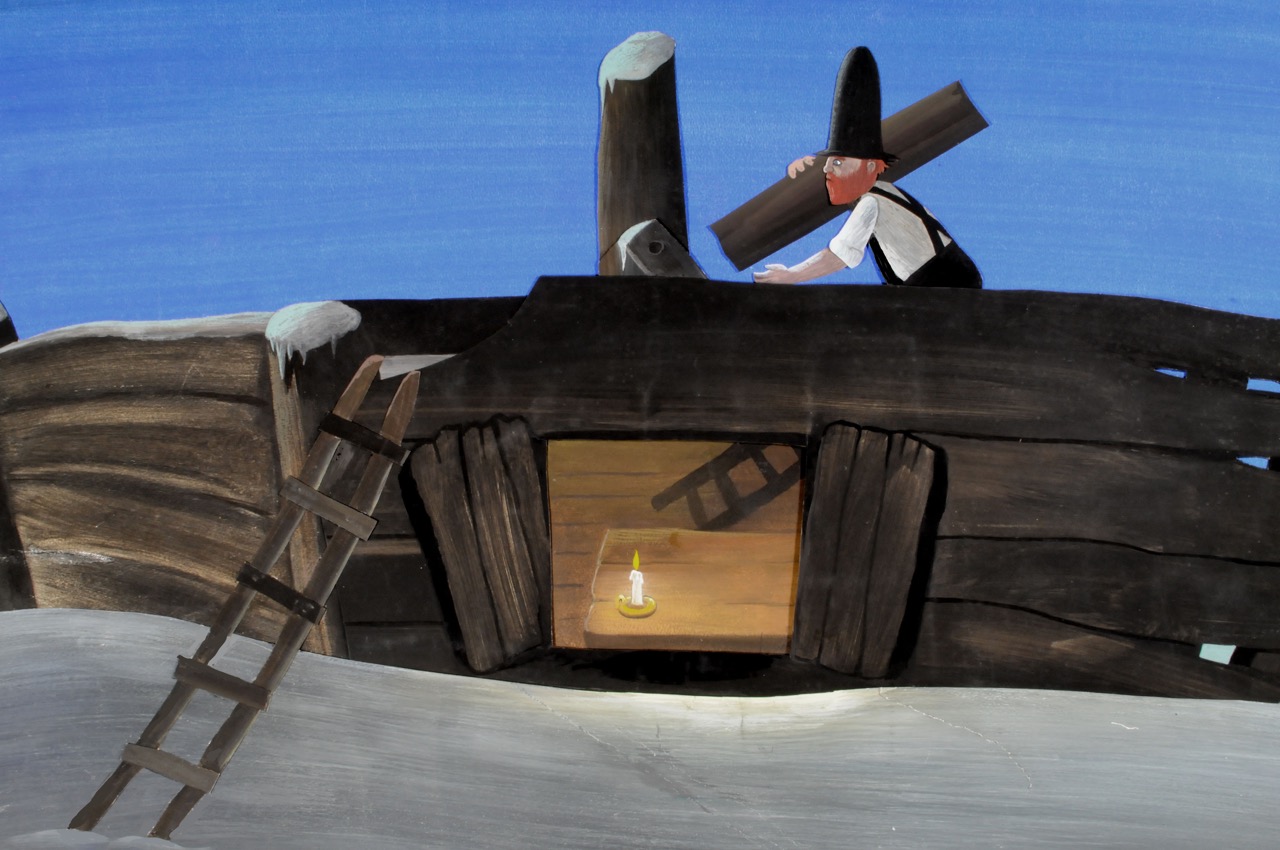
Maritime voyages are a recurring motif throughout his works, from his debut The Lady and the Cellist (1965) to the César-winning Rowing Across the Atlantic (1978) as well as more recent films such as Louise by the Shore (2016) and A Boat in the Garden (2024). Ships and boats in his films symbolise humankind’s relationship with nature and serve as conduits for exploring interpersonal connections.
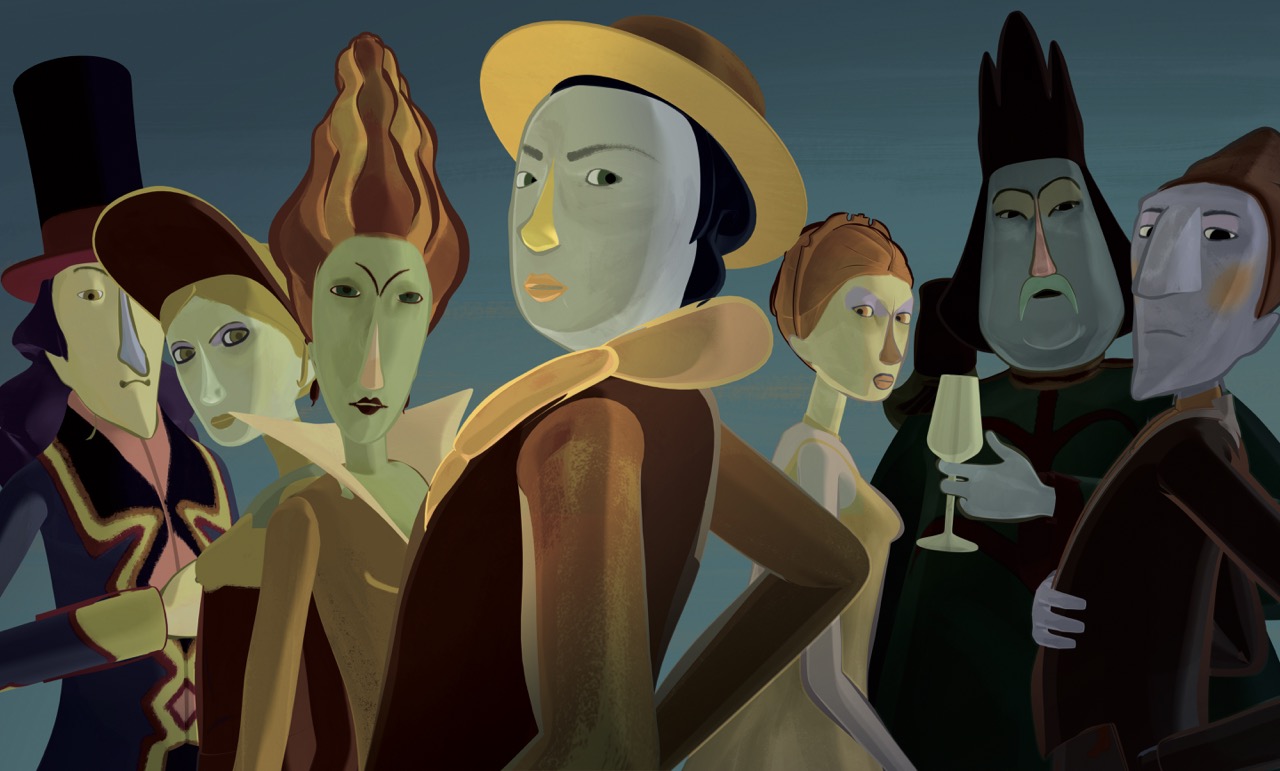
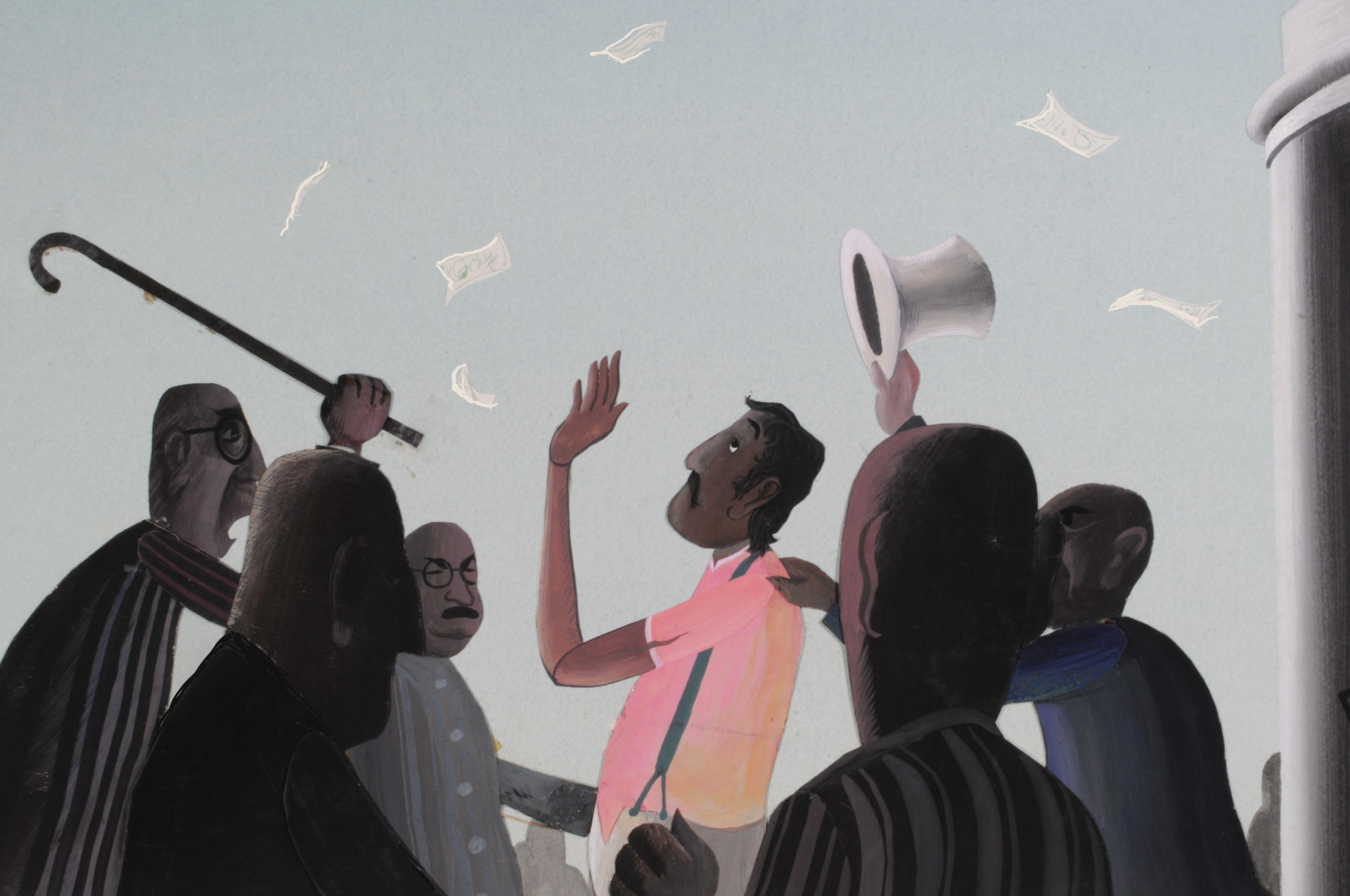
Beyond his fascination with aquatic themes, Laguionie’s work frequently incorporates social and political allegories. The Mask of the Devil (1976) dissects power structures built on fear, A Random Bomb (1969) critiques the absurdity of war, while The Painting (2011) offers a meditation on social stratification.
Although Laguionie first gained recognition for his short films, it was his feature-length works that brought him widespread acclaim. His filmography spans both children’s tales (Black Mor’s Island, The Prince’s Voyage) and more contemplative narratives aimed at adult audiences. Regardless of their length or intended audience, Laguionie’s films remain true to his distinctive style, seamlessly blending philosophical depth with whimsical humour and poetic imagination.
As part of his visit to Kraków, Laguionie will lead a masterclass.
The event is held in partnership with the Institut Français en Pologne.